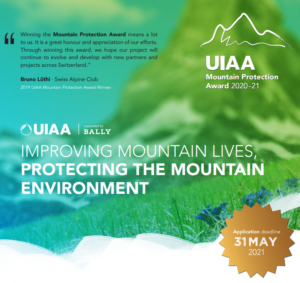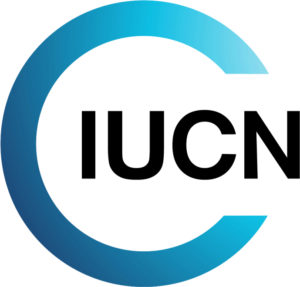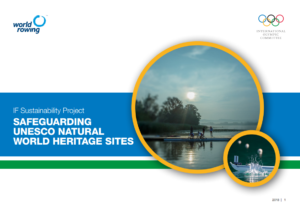
Timeline confirmed for 2020-2021 UIAA Mountain Protection Award
The UIAA Mountain Protection Commission (MPC) is pleased to confirm that it has updated several important assets related to the annual UIAA Mountain Protection […]




New IUCN-IOC guide demonstrates how sports can benefit nature in cities
Gland, Switzerland, 06.11.2020 (IUCN) – While sports and nature often occupy and compete for the same green spaces in cities, well-planned sports infrastructure can […]




The World Heritage sites (WHS) are designated by the United Nations Educational, Scientific and Cultural Organization (UNESCO) for their “outstanding universal value”. They represent unique natural and cultural sources of life, and play a vital role for current and future generations. WHS are grouped into three categories: cultural sites, natural sites, and mixed sites that combine cultural and natural value. A total of 229 natural and mixed WHS cover around 2.79 million km2 and provide both freshwater and jobs to 11 million people. They also store 10.5 billion tonnes of carbon, thus adding to the regulation of our climate both locally and globally. Around 50 per cent of all natural WHS are threatened by human activities – including the organisation of sporting events. By acknowledging the negative impact that such events can have on certain sites, the World Rowing Federation (FISA) has implemented a policy to protect natural and mixed WHS with the support of the WWF. World Rowing now assesses any potential impact on the sites of World Rowing- sanctioned events in advance. As part of the bidding process for a World Rowing event, World Rowing and its stakeholders






To more firmly anchor biodiversity in sport, raise awareness and establish closer links between sports and nature conservation organisations, the German Olympic Sports Confederation (DOSB) launched the Sport Moves – Experience Biodiversity project, supported by the Federal Ministry for the Environment, Nature Conservation and Nuclear Safety (BMU).



